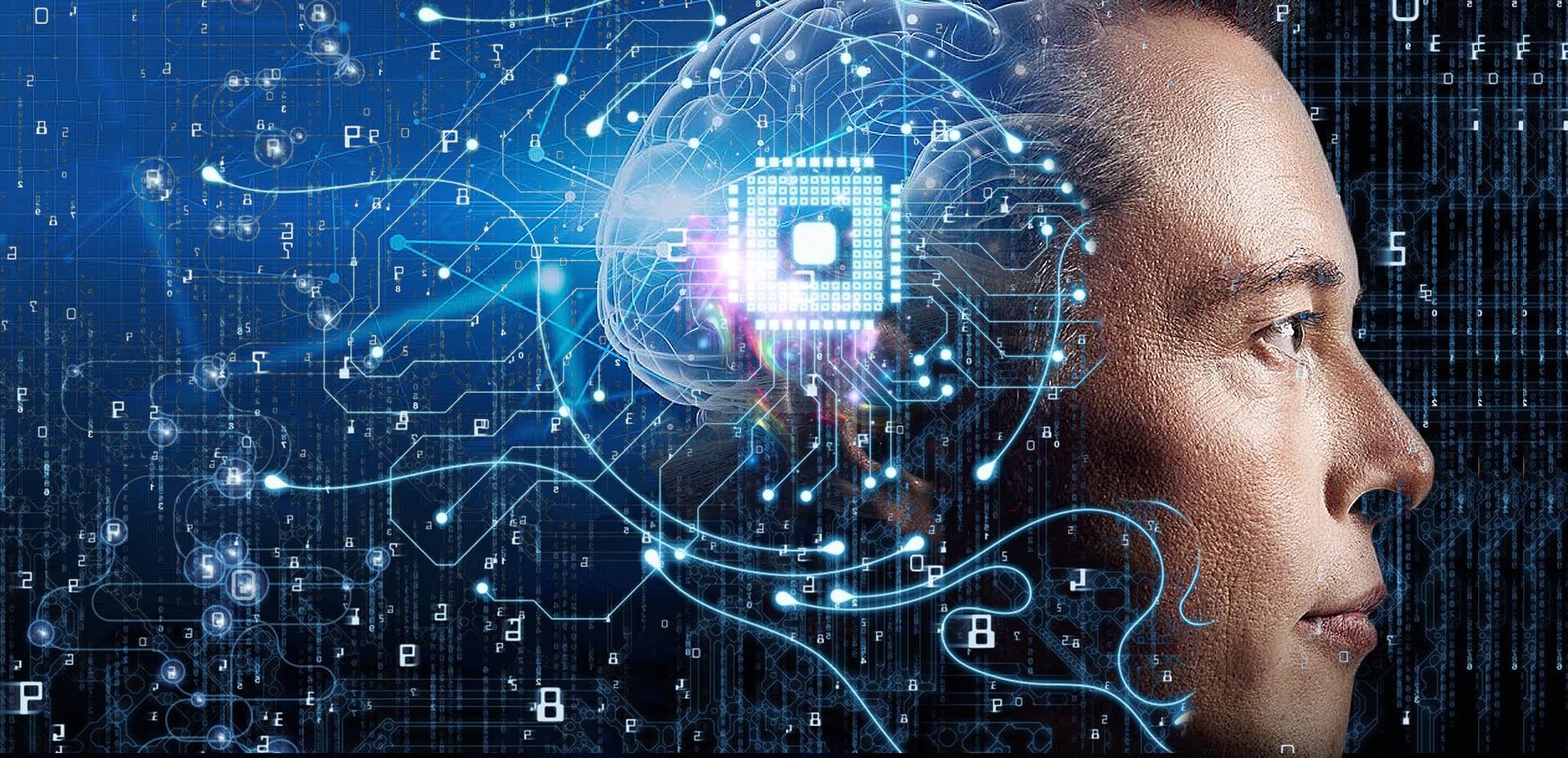Here's What Elon Musk's Neuralink Brain Chip Is Supposed to Do
Key Takeaways
- Elon Musk’s neurotechnology startup, Neuralink, is recruiting for its first human trial.
- The FDA granted the company approval for human testing in May 2023 after rejecting its application last year, citing safety concerns.
- Neuralink will test the safety and feasibility of its brain implant, and it hopes to help patients with paralysis control a keyboard or computer cursor with their minds.
Elon Musk’s biotechnology startup, Neuralink, recently announced that it’s recruiting volunteers for its first human trial of brain implants for patients with paralysis.
The company said on X that people who have quadriplegia (both arms and legs are paralyzed) due to cervical spinal cord injury or amyotrophic lateral sclerosis (ALS) may qualify.
During the trial, a surgical robot will place a brain-computer interface (BCI) impact in the part of the brain that controls movement intention. The goal is for people with paralysis to control a keyboard or computer cursor with their minds, according to a Neuralink blog post.
The implant is the “size of a large coin” and is similar to “a Fitbit in your skull with tiny wires,” Musk said during 2020 Neuralink progress update presentation.
While Neuralink’s device may sound like science fiction, neuroscientists have been developing this type of technology since the 1970s.1 In 2016, a paralyzed man used BCI to control a robotic arm for a historic fist bump with President Barack Obama.
“The principle is that by monitoring enough brain cells, we can interpret intentions and use this data to control devices such as computers and prosthetic limbs. This technology could enable individuals with spinal cord injuries, for example, to control external devices using only their thoughts,” Ausaf A. Bari, MD, PhD, director of functional and restorative neurosurgery at UCLA, told Verywell in an email.
Is Neuralink’s Brain Implant Safe?
Last year, the Food and Drug Administration (FDA) rejected Neuralink’s first application for human trials, citing safety concerns such as the “potential for the implant’s tiny wires to migrate to other areas of the brain,” according to Reuters.
However, Neuralink received approval in May 2023 to move forward with human trials.
Following the announcement, the nonprofit health organization Physicians Committee for Responsible Medicine said Neuralink had a “well-documented track record of animal cruelty and sloppy scientific studies.” The group said it had received “internal records detailing painful, deadly experiments conducted on monkeys by Neuralink,” which prompted investigations by federal agencies.
“No monkey has died as a result of a Neuralink implant,” Musk said on X. “First our early implants, to minimize risk to healthy monkeys, we chose terminal moneys [sic] (close to death already).”
A major risk of the brain implant in humans is infection, according to Kiminobu Sugaya, PhD, a professor of medicine and head of neuroscience at the University of Central Florida.
“This device sits on the surface of the brain, but still, it may cause some inflammation, immune response, although that could be minimum,” Sugaya told Verywell.
Neuralink did not respond to Verywell’s request for comment.
How Will Neuralink Conduct Its Human Trial?
The Neuralink trial, called The PRIME Study (Precise Robotically Implanted Brain-Computer Interface), will specifically assess the safety and functionality of the device and the robot that is making the surgical implant.
“It’s always great to hear that some good quality research is going to occur and we will watch the research with interest to see if it can be of utility to our patients,” said David Putrino, PhD, a neuroscience expert and director of rehabilitation innovation for the Mount Sinai Health System.
Putrino is the principal investigator of the National Institutes of Health-funded COMMAND trial, which is testing a BCI device developed by another neurotechnology startup called Synchron.
As the Neuralink study progresses, it will be important to monitor the number of minor and major adverse events that occur related to the technology, the risk of infection, and observe if the device can be safely implanted and removed, Putrino said.
Neuralink’s PRIME study will take six years to complete. Putrino said if the trial is successful, the next step would be for Neuralink to conduct a “pivotal” trial to show that the device improves people’s quality of life and their ability to advocate for themselves.
“I’m cautiously optimistic,” Putrino said. “I don’t want to fill people with severe disability with false hope that this is going to be a technology that’s available for them tomorrow. These trials will take years and it’s important that they’re done right and it’s important that they’re done carefully.”
What This Means For You
Experts say it will be years before Neuralink’s device is ready for clinical use. This startup is just one of a few BCI companies that are working to create a safe and effective version of this neurotechnology.






















